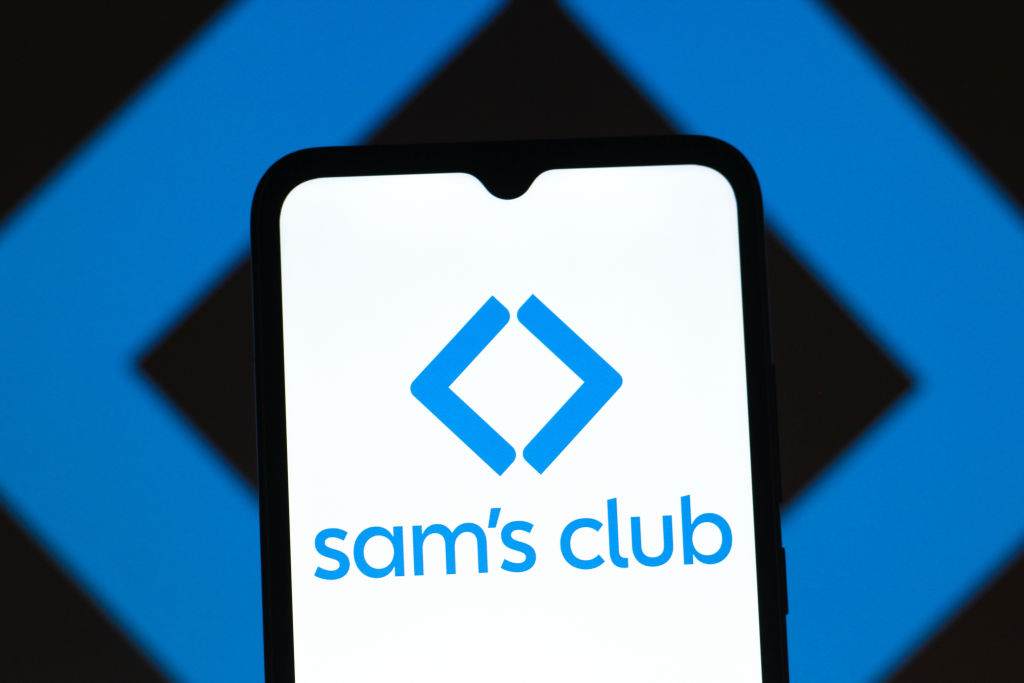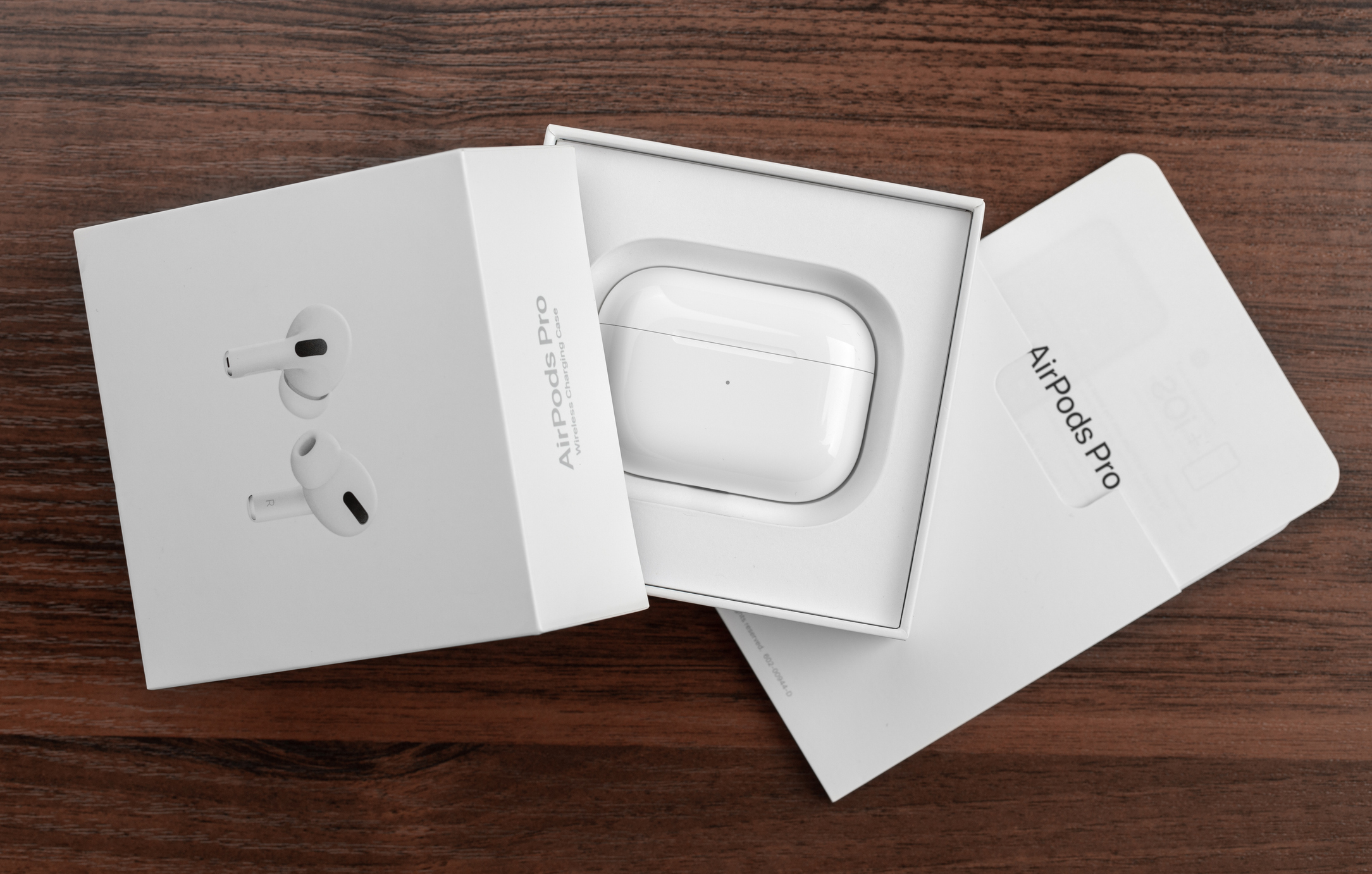Amazon Health Care Has a New Virtual Clinic: Amazon Clinic
Amazon’s latest foray into health care is Amazon Clinic, offering retail customers treatment for a range of ailments. But don’t expect to actually see anyone.

If you ever wished your doctor could just fix you with a text, Amazon.com may have something for you. Amazon Clinic is a message-based virtual health care service that can be used to treat anything from allergies to erectile dysfunction.
Using a secure portal, Amazon Clinic will give patients in 32 states virtual access to clinicians who can personalize treatments and write prescriptions, mostly for more than 20 common conditions, including urinary tract infections, migraines, hair loss and headaches. Amazon Clinic uses U.S.-based doctors and nurse practitioners to communicate with patients and write prescriptions. There’s no video or audio interaction, though patients may have to send photos of a condition that needs treatment, in certain cases.
While you do not need an Amazon Prime membership to use Amazon Clinic, being a member gets you free two-day shipping from Amazon Pharmacy. Here’s how Amazon Clinic works:

Sign up for Kiplinger’s Free E-Newsletters
Profit and prosper with the best of expert advice on investing, taxes, retirement, personal finance and more - straight to your e-mail.
Profit and prosper with the best of expert advice - straight to your e-mail.
- You choose a clinic online.
- You fill out an intake questionnaire.
- Your information will be reviewed by a clinician (doctor or nurse practitioner).
- You will be messaged with a treatment plan. That may include prescriptions or behavioral recommendations.
- You have messaging access to your clinician for up to 14 days if there are follow up questions. That’s at no additional cost.
Oh, did we mention cost? That varies by clinic and treatment, and doesn’t include the cost of medication. Patients can compare costs online by visiting the treatment page. Prescriptions can be filed by any pharmacy you choose.
Currently, Amazon Clinic isn’t accepting health insurance. Patients instead pay a flat fee for their services, and health savings account and flexible spending account debit cards are accepted. But patients can also submit receipts from Amazon Clinic to their health insurance provider for reimbursement.
We checked prices for one of the conditions Amazon Clinic addresses. After we put in the state where we live, two clinics popped up that would help with that issue. They each cost $35 and the response time was promised at two hours or less. And as Amazon points out in its primer for Amazon Clinic, that cost was less than many co-pays if the patient had to use their doctor. And no waiting room.
The introduction of Amazon Clinic is not the first step into healthcare for Amazon, having attempted to offer virtual and physical healthcare services to its own employees (and some other companies) through a program called Amazon Care. But that offering is being shut down at the end of 2022. Amazon is also in the process of buying One Medical, a virtual primary care provider, for $3.9 billion, in a deal that could substantially expand its offerings. Through Amazon.com, Amazon also has a pharmacy service with its Amazon Pharmacy.
Profit and prosper with the best of Kiplinger's advice on investing, taxes, retirement, personal finance and much more. Delivered daily. Enter your email in the box and click Sign Me Up.

Bob was Senior Editor at Kiplinger.com for seven years and is now a contributor to the website. He has more than 40 years of experience in online, print and visual journalism. Bob has worked as an award-winning writer and editor in the Washington, D.C., market as well as at news organizations in New York, Michigan and California. Bob joined Kiplinger in 2016, bringing a wealth of expertise covering retail, entertainment, and money-saving trends and topics. He was one of the first journalists at a daily news organization to aggressively cover retail as a specialty and has been lauded in the retail industry for his expertise. Bob has also been an adjunct and associate professor of print, online and visual journalism at Syracuse University and Ithaca College. He has a master’s degree from Syracuse University’s S.I. Newhouse School of Public Communications and a bachelor’s degree in communications and theater from Hope College.
-
 Last Chance to Shop These Under-$100 Prime Day Deals for a Smarter, Safer Home: Ring Doorbells, Nest Thermostats, Leak Detectors and More
Last Chance to Shop These Under-$100 Prime Day Deals for a Smarter, Safer Home: Ring Doorbells, Nest Thermostats, Leak Detectors and MoreThese under-$100 Prime Day deals on Ring, Blink, Nest and other top smart home brands are disappearing after today.
-
 Sam's Club Takes On Amazon Prime With Big Summer Savings — But Is It Worth Joining?
Sam's Club Takes On Amazon Prime With Big Summer Savings — But Is It Worth Joining?With longer sales and seasonal deals, Sam's Club is making a strong case for summer value. Here's how to save.
-
 Last-Minute FSA or HSA-Eligible Amazon Prime Day Deals to Get Before They're Gone
Last-Minute FSA or HSA-Eligible Amazon Prime Day Deals to Get Before They're GoneToday's your last chance to double down on savings by taking advantage of these FSA or HSA-eligible Prime Day deals. Save on the Oura Ring, Shark air purifiers, baby gear and more.
-
 Amazon Resale: Where Amazon Prime Returns Become Your Online Bargains
Amazon Resale: Where Amazon Prime Returns Become Your Online BargainsFeature Amazon Resale products may have some imperfections, but that often leads to wildly discounted prices.
-
 How Amazon Will Deliver Your Prime Day 2025 Orders — From Vans to Drones
How Amazon Will Deliver Your Prime Day 2025 Orders — From Vans to DronesAmazon Prime Day returns July 8–11 with 96 hours of deals, and a wide range of high-tech and flexible delivery options to match the shopping surge.
-
 Amazon Prime Members Can Now Save Nearly $70 Per Year on Gas
Amazon Prime Members Can Now Save Nearly $70 Per Year on GasAmazon Prime members can save 10 cents per gallon at select gas stations. See how to sign up for discounts.
-
 12 Books That Taught Us About Finance
12 Books That Taught Us About FinanceFrom classics to recent bestsellers, here are some of the best money and personal finance books you can find on Amazon, according to Kiplinger's editors and writers.
-
 Get Apple AirPods Pro 2 for the Lowest Price Ever on Amazon Prime Day
Get Apple AirPods Pro 2 for the Lowest Price Ever on Amazon Prime DayScore the AirPods Pro 2 for their lowest-ever price this Amazon Prime Day. Plus, shop for other Apple products on sale.


